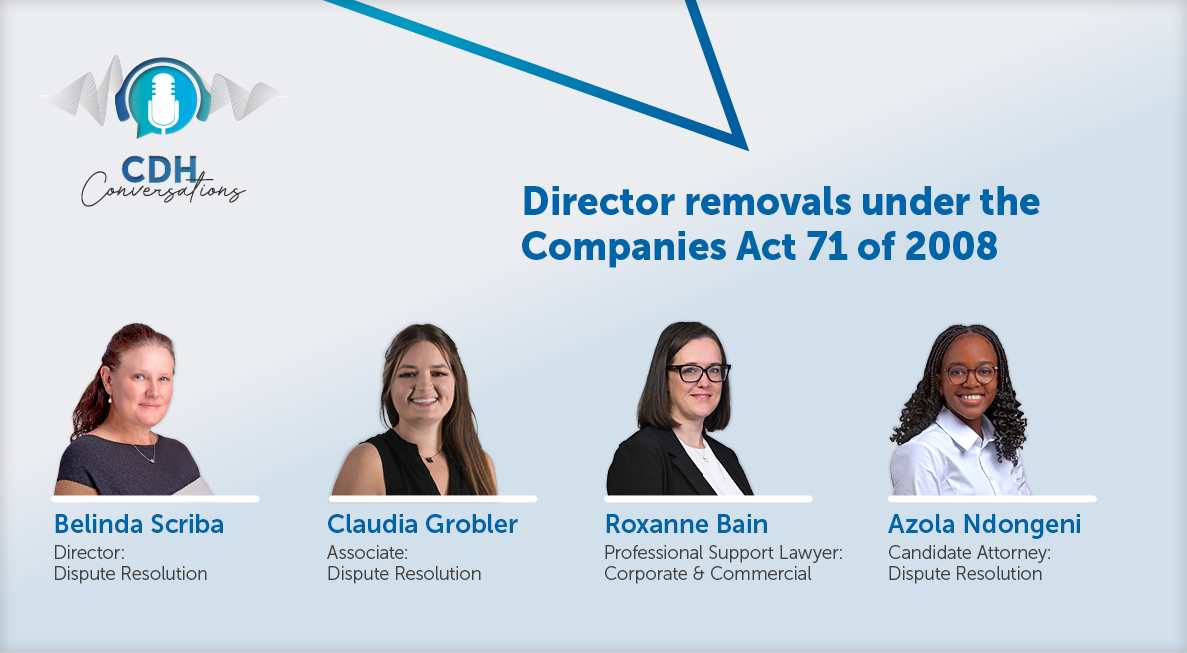Review of the definition of permanent establishment
Typically, a tax treaty defines a PE using the following two general tests:
- whether the corporation has a fixed place of business within the target country, as defined under the language of a specific treaty; or
- whether the corporation operates in the target country through a dependent agent, other than a general agent of dependent status acting in the ordinary business as such, that habitually exercises the authority to conclude contracts on behalf of the corporation in the target country.
The current definition of PE in the IT Act is based on the definition developed by the Organisation for Economic Co-operation and Development (OECD). A PE is defined in paragraph 1 of Article 5 of the OECD Model Tax Convention (OECD MTC) as “a fixed place of business through which the business of an enterprise is wholly or partly carried on”. As per paragraph two of Article 5, it specifically includes a place of management, a branch, an office, a factory, a workshop and a mine, an oil or gas well, a quarry or any other place of extraction of natural resources. It also includes a building site or construction or installation project which lasts for more than 12 months.
Specifically excluded from the aforementioned definition, in paragraph 4 of the OECD MTC, is “the use of facilities solely for the purpose of storage, display or delivery of goods or merchandise belonging to the enterprise” and “the maintenance of a fixed place of business solely for the purpose of carrying on, for the enterprise, any other activity of a preparatory or auxiliary character”.
Paragraph five of Article 5 of the OECD MTC goes on to provide that “…where a person – other than an agent of independent status to whom paragraph 6 applies – is acting on behalf of an enterprise and has, and habitually exercises, in a Contracting State an authority to conclude contracts in the name of the enterprise, that enterprise shall be deemed to have a permanent establishment in that State in respect of any activities which that person undertakes for the enterprise …”.
Further, paragraph six of the same Article provides that “an enterprise shall not be deemed to have a permanent establishment in a Contracting State merely because it carries on business in that State through a broker, general commission agent or any other agent of an independent status, provided that such persons are acting in the ordinary course of their business.”
In November 2017, the OECD expanded this definition to include:
- an anti-abuse rule for PEs situated in third States;
- a principal purposes test rule; and
- the addition of a new paragraph to the Commentary on Article 5 of the OECD MTC which indicates that registration for the purposes of a value added tax or goods and services tax is, by itself, irrelevant for the purposes of the application and interpretation of the permanent establishment definition. In other words, this addition now explains that for the determination of whether there is a PE, one should not draw any inference from the treatment of a foreign enterprise for VAT/GST purposes, including from the fact that a foreign enterprise has registered for VAT/GST purposes.
When South Africa signed the OECD multilateral convention, it did not expand the PE definition and as a result, South African tax treaties continue to use the narrow definition of PE. However, the definition in the IT Act uses the expanded OECD definition given the reference to the OECD MTC definition.
The Budget proposes that the definition of PE in the IT Act be reviewed to determine whether a limitation is warranted.
The information and material published on this website is provided for general purposes only and does not constitute legal advice. We make every effort to ensure that the content is updated regularly and to offer the most current and accurate information. Please consult one of our lawyers on any specific legal problem or matter. We accept no responsibility for any loss or damage, whether direct or consequential, which may arise from reliance on the information contained in these pages. Please refer to our full terms and conditions. Copyright © 2026 Cliffe Dekker Hofmeyr. All rights reserved. For permission to reproduce an article or publication, please contact us cliffedekkerhofmeyr@cdhlegal.com.
Subscribe
We support our clients’ strategic and operational needs by offering innovative, integrated and high quality thought leadership. To stay up to date on the latest legal developments that may potentially impact your business, subscribe to our alerts, seminar and webinar invitations.
Subscribe




